
Many civil servants, National Youth Service Corps (NYSC) members, and interns have not received the promised N70,000 minimum wage despite repeated assurances. This has led several workers to express frustration and question the government’s commitment to its implementation timeline.
The Office of the Accountant-General claimed that the new minimum wage was implemented with September salaries. However, workers across different sectors have disputed this and insisted they are yet to receive the expected payments. This has escalated tensions between the government and labour unions, with threats of strikes in states lagging in compliance.
Initially, the Federal Government announced that the payment of the new minimum wage would commence in July 2024. Ekpo Nta, Chairman of the National Salaries, Incomes and Wages Commission (NSIWC), confirmed this during a press briefing on September 24. According to Nta, July 29, 2024, was chosen as the implementation date because it marked the day President Bola Tinubu signed the minimum wage bill into law after approval by the National Assembly. This announcement contradicted an earlier statement by the Minister of State for Labour, Nkiruka Onyejeocha, who had said the payment would begin on May 1, 2024.
Nta explained that the revised Consolidated Public Service Salary Structure (CONPSS) and other salary templates would also take effect from July 29. These templates include pay structures for academics, healthcare workers, paramilitary officers, and public servants.
While the NSIWC promised further directives on how NYSC members and interns would benefit, no clear guidelines have been issued. NYSC members have expressed disappointment, noting that their monthly allowances have not been increased to the promised N70,000.
At least 14 states initially faced strike actions by the Nigeria Labour Congress (NLC) for failing to implement the new wage. These states include Abia, Akwa Ibom, Cross River, Ebonyi, and Ekiti. However, governors of Katsina, Nasarawa, Sokoto, Jigawa, and Ondo states recently announced last-minute approvals of the minimum wage to avert strikes.
In Ebonyi, the NLC reported 90 per cent compliance with the strike. However, Governor Francis Nwifuru warned workers to return to their posts or face dismissal. In Nasarawa, the government agreed to pay N70,500 but failed to begin implementation, prompting the NLC to continue its strike.
Kaduna State claimed to have started paying the new wage, with the lowest-paid worker earning N72,000 in November. However, labour leaders argued that consequential adjustments for other categories of workers remain unresolved. Some state governors argue they lack the resources to pay the N70,000 minimum wage. Analysts say this claim is unconvincing, as there have been no significant cuts to the cost of governance. Frivolous government spending remains a problem in a country where over 133 million citizens are multi-dimensionally poor.
Read More:
- Dele Farotimi Sent to Remand By Ekiti Court After Abduction by Police
- “I Was Carried Upstairs to Attend Class” – Disability Advocate’s Video Exposes Nigeria’s Failing Infrastructure, Lack of Inclusion
About The Author
Related Articles
Tinubu Follows Gumi’s Lead as Nigeria Signs Turkey Defence Deal, Fueling Speculation Over Who Really Controls the Country’s Security Policy
Nigeria’s diplomatic and security strategy is once again under scrutiny after a...
ByWest Africa WeeklyJanuary 28, 2026Burkina Faso President Ibrahim Traoré Reviews 2025 Achievements, Sets Ambitious Agenda for 2026
Burkina Faso’s President, Ibrahim Traoré, has described 2025 as a year of...
ByWest Africa WeeklyJanuary 28, 2026Mali Says Reports of New Three-State Sahel Currency Are False but Talks Continue on Economic Integration
Mali’s government has rejected claims that it and its neighbours, Burkina Faso...
ByWest Africa WeeklyJanuary 28, 2026CBN Upgrades Opay, Moniepoint, Kuda and Others to National Licences
The Central Bank of Nigeria has upgraded the operating licences of several...
ByWest Africa WeeklyJanuary 28, 2026


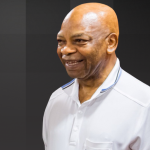

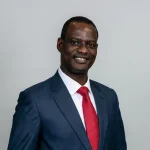

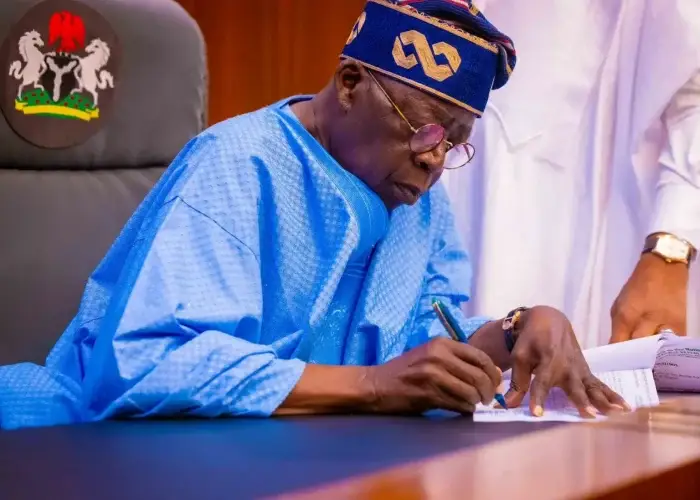


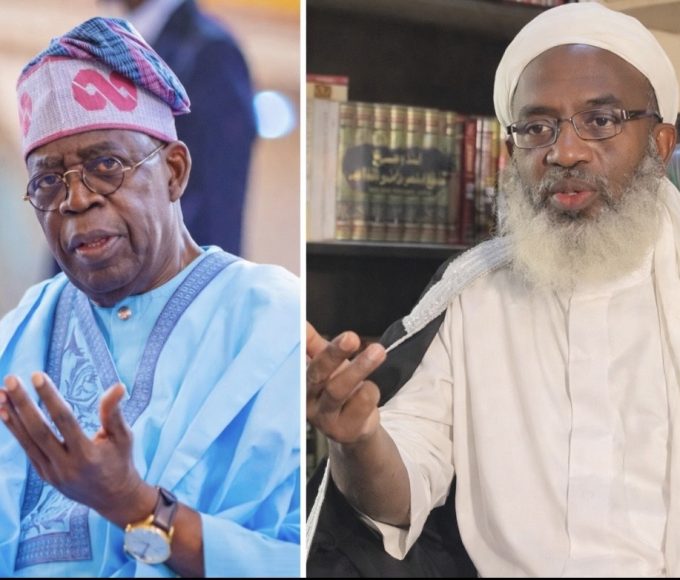

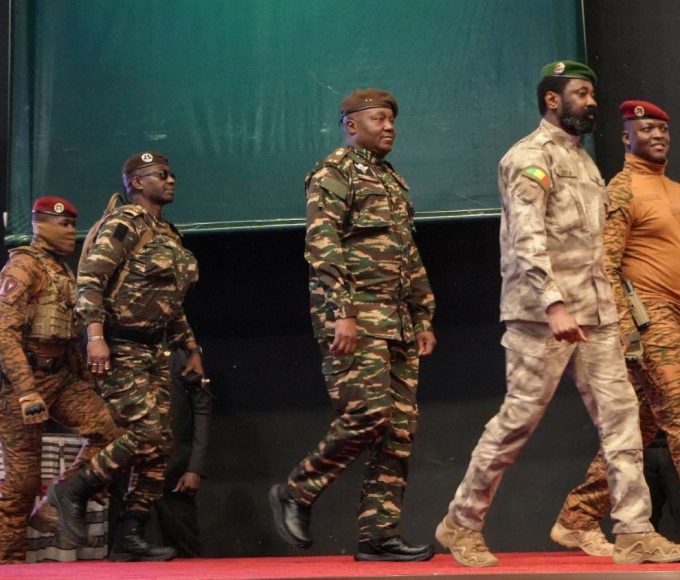
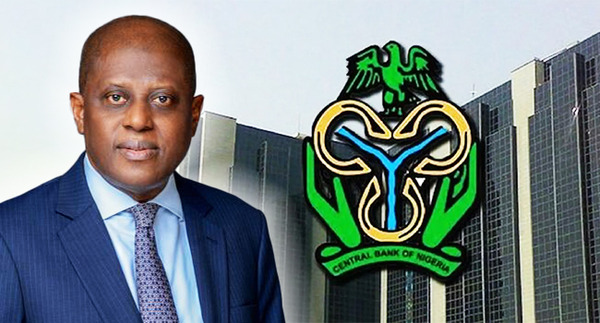
Leave a comment